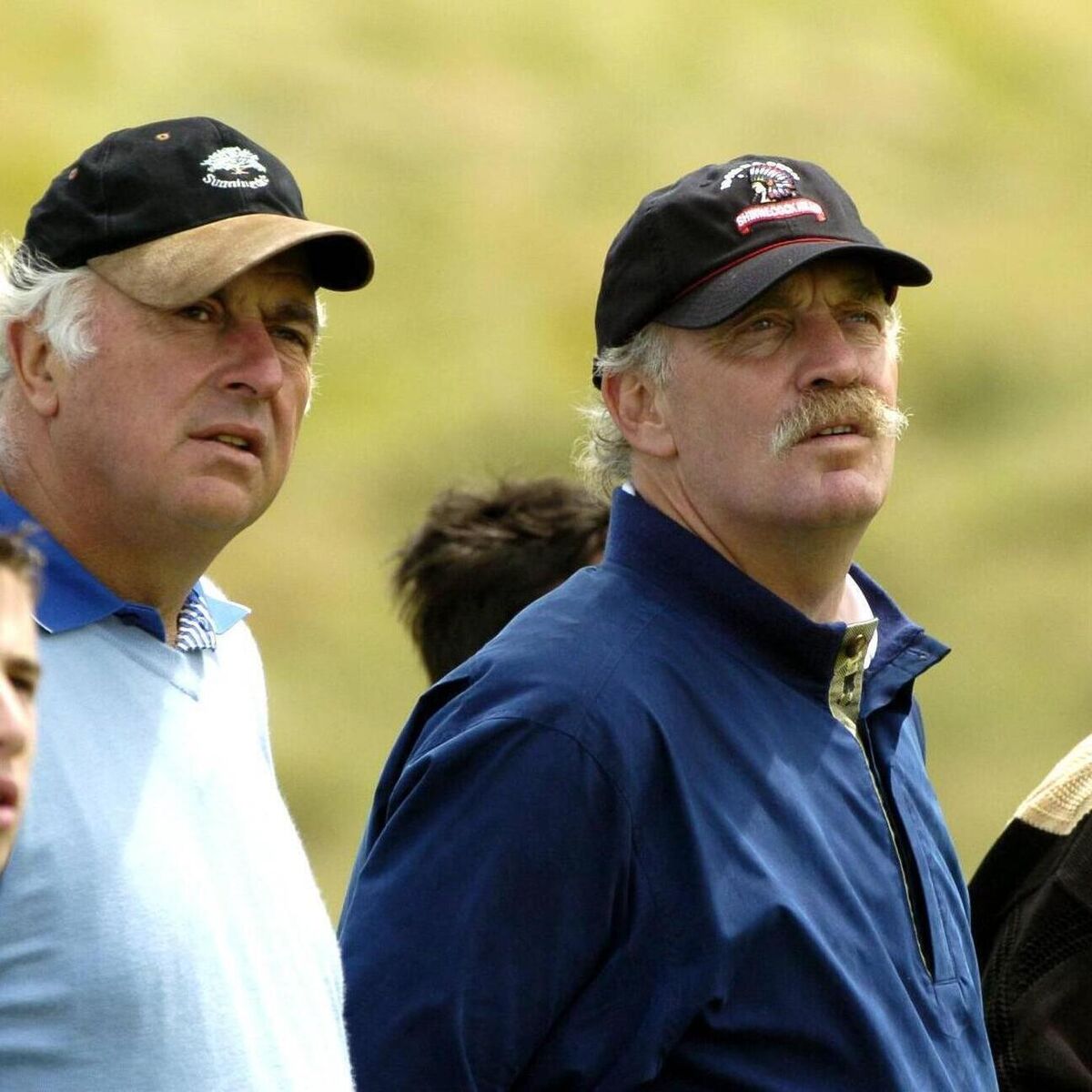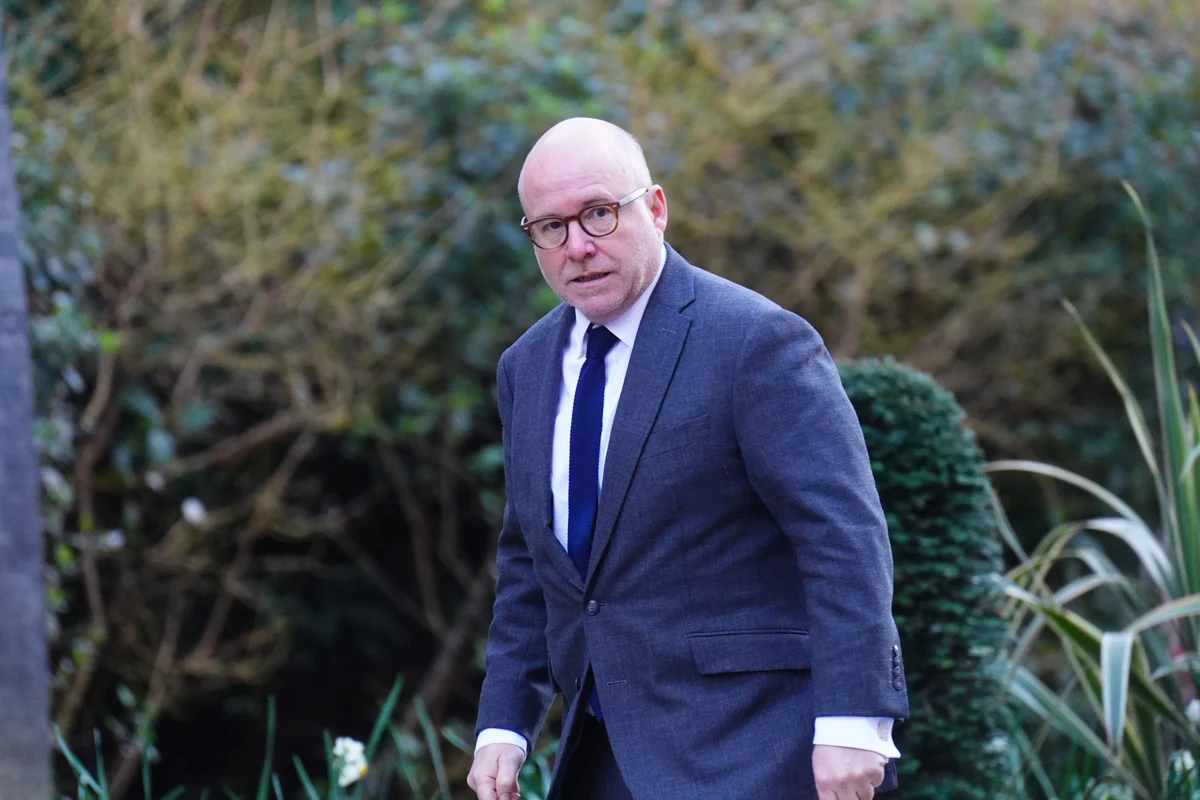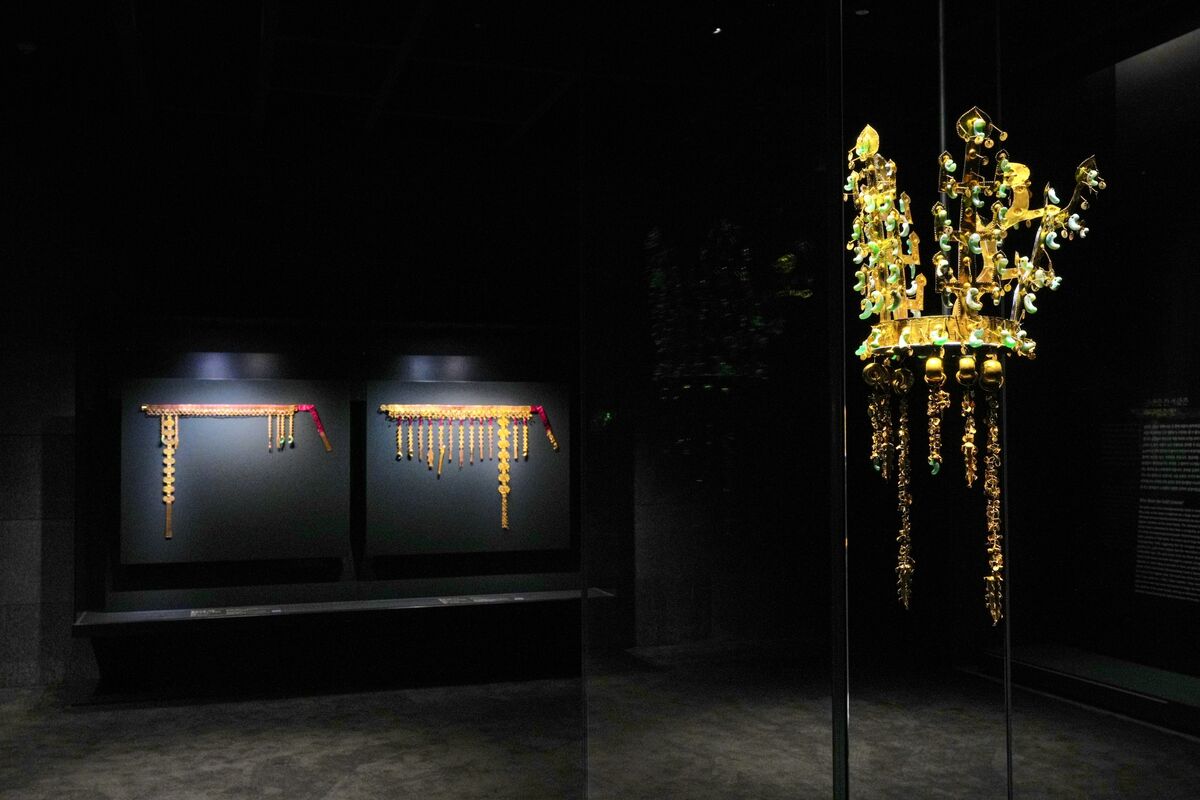Copyright ynetnews

What began as Theodor Herzl’s vision of Jewish self-determination has evolved into a sprawling network of political patronage, budgets and appointments — one now drawing scrutiny after reports that Culture and Sports Minister Miki Zohar sought to appoint Prime Minister Benjamin Netanyahu’s son, Yair Netanyahu, to a senior post in the World Zionist Organization. Zohar announced last week that he planned to name Netanyahu to head a department within the WZO, a position created as part of a new coalition agreement dividing 146 senior jobs among Israeli political factions and global Zionist organizations. The Likud Party, led by Netanyahu, stands to gain the largest share of these posts. Opposition leader Yair Lapid responded by pulling his Yesh Atid party out of all Zionist institutions, accusing the government of using them as a political employment agency. “We won’t take jobs, budgets or managerial roles,” Lapid said. “We came to politics to fight corruption, not to join the job arrangements of the Netanyahu and Deri families.” The latest Zionist Congress, held in late October, convened 543 delegates from around the world, including 203 representatives of Knesset factions. For the first time, Uganda sent a delegate — Rabbi Gershom Sizomu Wambedde, who won 57.9 percent of the vote from 242 eligible voters. The Ugandan delegation, while symbolic, highlights how the century-old Zionist system has grown into a complex global network sustained by public money and political bargaining. Ninety-eight percent of the WZO’s budget comes from the Jewish National Fund, its fully owned subsidiary. The annual budget, previously $60 million, is expected to rise to $100 million in the coming years. The JNF, which owns roughly 13 percent of Israel’s land, receives 13 percent of revenues whenever the Israel Land Authority markets its plots for residential or commercial construction. The surge in housing prices brought the JNF a record 6.8 billion shekels in 2022. As of October 2025, it has received 2.5 billion shekels. In effect, every Israeli who buys a home built on JNF land indirectly contributes an estimated 4 percent “tax” to the fund. As JNF revenues have ballooned, so has the political appetite for positions within the Zionist institutions. In 2015, the WZO had seven department heads. By 2020, that number doubled to 14. Under the new coalition deal, there are now 21 department heads — each with the authority to appoint deputies and advisers. A WZO source told the business daily Calcalist that each department’s annual budget is about $1.2 million, two-thirds of which goes to salaries and the rest to activities. The WZO chairperson can appoint two additional aides with salaries about 4 percent lower than a minister’s. Until 2010, the WZO chair also headed the Jewish Agency, but the positions were separated, creating two parallel leadership tracks with overlapping influence and budgets. The posts being divided include high-ranking roles within the JNF. Its chair holds the status of a government minister, with six aides, including a driver and bureau chief. The deputy chair, an unpaid position, comes with four salaried aides — a job reportedly earmarked for Shlomo (Momo) Deri, brother of Shas leader Aryeh Deri. The JNF board also has ten deputy chairs, each entitled to a part-time adviser, as well as positions in its subsidiary Himnuta and at the Mount Herzl and Zionist Archives institutions. A WZO official said there are also “professional jobs filled with unqualified people through fictitious tenders,” not reflected in the official coalition documents. Each political faction is responsible for selecting its nominees, who are revealed only once the coalition deal is finalized. Zohar’s decision to publicize his intention to appoint Yair Netanyahu was therefore premature — and, insiders suggest, aimed more at bolstering his standing among Likud voters ahead of party primaries than at securing a role for the prime minister’s son. Each delegate position carries influence and financial benefits. Delegates from Israel are allocated based on Knesset seats, with each seat granting two delegates. Abroad, however, the method for determining how many delegates each country receives remains opaque. According to the WZO, a Mandates Committee decides the number of delegates per country based on factors such as Jewish population, aliyah numbers, Zionist activity and fundraising levels. The decisions are approved by the Zionist Supreme Court, chaired by former judge Steve Adler. The results are uneven. Uganda, with its 242 voters, sent one delegate — the same as Austria or Spain. Germany sent two, like the Netherlands and Sweden. After Israel, the largest delegation traditionally comes from the United States, with 155 delegates — 42 of them ultra-Orthodox Jews. The long-standing rule that only Zionists could participate in the Congress has eroded. In recent years, ultra-Orthodox parties that once opposed Zionist institutions have joined them, lured by political influence and budgets. The most recent Congress included delegates from Shas and two ultra-Orthodox lists — Am Yisrael Chai and Eretz HaKodesh — which together hold 95 seats. Some reports say a position may be set aside for the son of MK Moshe Gafni of United Torah Judaism. Recordings on the Eretz HaKodesh website include a conversation with the late Rabbi Gershon Edelstein, who gave reluctant approval to participate in the Zionist system, acknowledging that “the organization doesn’t do much — but it has a lot of money.” A movement source told Calcalist: “In recent years, 5,000 apartments in Beit Shemesh were marketed to Haredi families on JNF land, transferring hundreds of millions of shekels to the fund. The money comes from people buying homes, but the Haredim don’t benefit.” Under the emerging coalition deal, one ultra-Orthodox faction will reportedly receive a department head position with minister-level terms to oversee “Zionist activity on campuses and among young Diaspora communities.” The draft coalition agreement detailing the job allocations is lengthy and politically charged. The largest blocs in the Congress are the Yesh Atid–Yisrael Beiteinu alliance, with 66 delegates, and World Likud, with 87 delegates — 63 from Israel and the rest from abroad. The Likud delegation is split between two groups: one aligned with New Hope and a smaller faction led by MK David Bitan. Together they will control 30 posts — 21.5 under Zohar’s faction and 8.5 under Bitan’s. Yesh Atid and Yisrael Beiteinu shared 24 positions before Lapid’s withdrawal. The Reform and Conservative movements together hold 17. According to the WZO’s internal distribution formula, 25 delegates grant a seat on the WZO Executive and a department head position 20 delegates grant a place on the JNF board and 10 of the 40 JNF directors serve as deputy chairs, each with a part-time adviser. “If you can secure 25 delegates, you’re on top of the wave,” said a senior WZO source. “And those riding the wave are not necessarily the ones inspired by Herzl’s dream — they’re the ones who know how to surf their way to the next job.”



